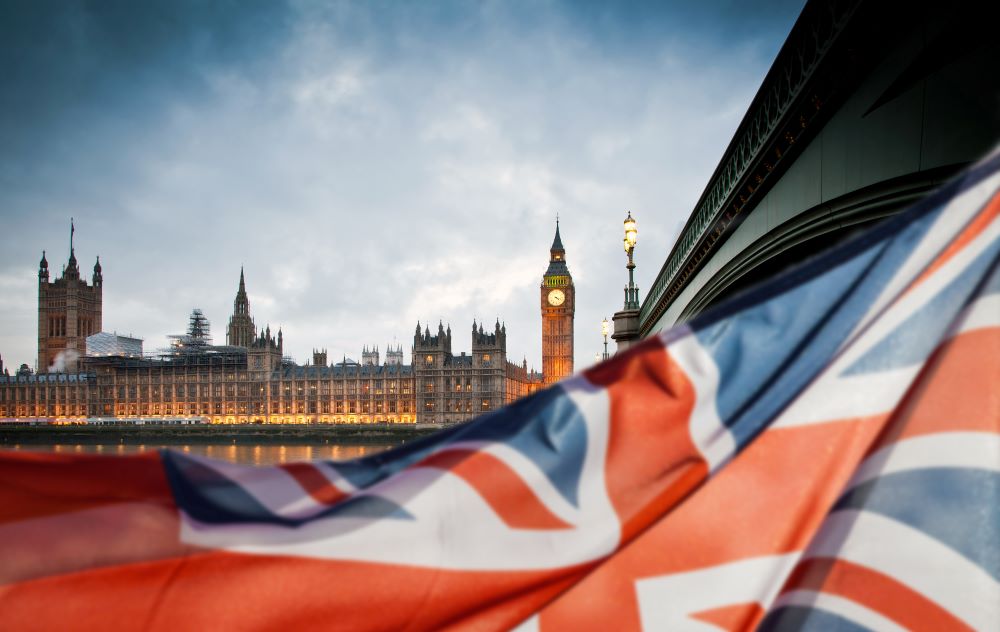
The government yesterday introduced the Internal Market Bill to the House of Commons to criticism both home and abroad.
The Daily Update here summarises what the intended purpose of the legislation is, why it’s been so controversial and what is likely to happen next.
What is the Internal Market Bill?
The bill, if passed, will establish a new regulatory framework for the business community in England, Scotland, Wales and Northern Ireland.
This includes:
- the recognition of professional and other qualifications
- rules for subsidies
- the implementation of the Northern Ireland Protocol in the UK
Why it is controversial
The bill has attracted criticism both home and abroad, being perceived as a breach of the UK’s Withdrawal Agreement with the EU and lambasted as a “power grab” by devolved nation governments.
Breach of international law
The bill overrides important aspects of the Northern Ireland Protocol agreed to by the UK and the EU in the Withdrawal Agreement last year. It does this in two ways:
It gives the UK government the authority to “disapply and modify” the requirement for Northern Irish firms to complete export exit declarations
The Business Secretary will be able to overlook or redefine the need to notify the EU of state aid provided by the UK government to Northern Irish industries.
‘Power grab’
The ability to administer state-aid within the UK will be retained by Westminster, which politicians in Scotland and Wales have described as a ‘power grab’.
The devolved nations have also spoken out against the mutual recognition scheme for standards set out by the bill. Cardiff and Edinburgh will be able to set out their own standards, but would be required to accept goods made to different standards from elsewhere in the UK.
What happens next
The bill had its first reading yesterday (9 September), in which it was introduced to the House of Commons.
A second reading has not yet been announced, but the bill will undergo the following usual process:
- First reading – the bill is introduced in the Commons (done)
- Second reading – the bill is debated by MPs
- Committee stage – a Public Bill Committee will examine the bill and amendments by MPs will be put forward
- Report stage – MPs will debate the bill in the Commons, proposing and voting on amendments
- Third reading – the bill is debated again and a vote is held in the Commons on whether it should be passed into law
- House of Lords – the Lords debate and make amendments to the bill, and the Commons may consider these amendments. However, as per the Parliament Act, the Commons may pass the bill regardless of the Lords’ assent or amendments.
- Royal Assent – if the bill has passed, HM Queen as head of state agrees to formally turn the bill into legislation.
The government commands a strong majority of 80 in the Commons due to its resounding general election win in December 2019 and will be expected to pass the bill into law.
What’s next for the UK-EU talks
European Commission President Ursula von der Leyen hit out against the bill saying it “would break international law and undermines trust”.
The Guardian today reported that fears are growing that the UK could walk away from the talks.
The penultimate round of negotiations began on Tuesday this week (8 September). Boris Johnson said on Monday that a decision needs to be reached by the EU leaders meeting on 15 October.
If a deal is not reached before then, Johnson has called on both sides to “move on”.



